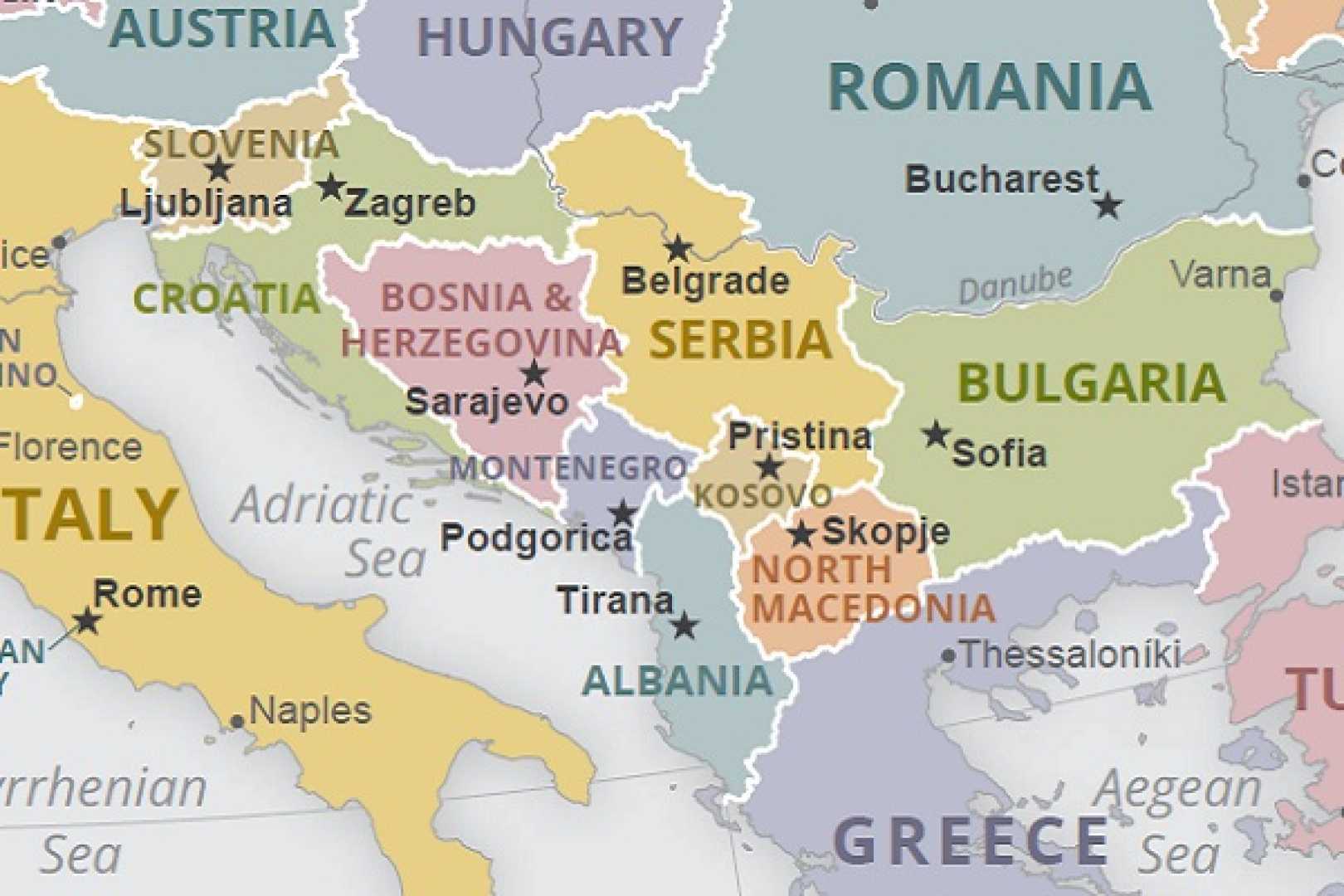World
Trump’s Return Sparks Hope for Serb Nationalists in Western Balkans

WASHINGTON, D.C. — As Donald Trump prepares to return to the White House, Serb nationalists in the Western Balkans are optimistic about a shift in U.S. foreign policy that could favor their aspirations for greater autonomy and closer ties with Russia. The fragile geopolitical balance in the region, maintained since the 1995 Dayton Agreement, faces potential disruption as Trump’s transactional approach to diplomacy raises hopes among leaders in Serbia and Republika Srpska.
Serbian President Aleksandar Vucic and Republika Srpska President Milorad Dodik have long sought to counter Western support for Kosovo’s independence and Bosnia and Herzegovina’s centralized government. They view Trump’s presidency as an opportunity to align Washington more closely with Belgrade and the Bosnian Serb entity. “Trump’s return is a victory for Republika Srpska,” Dodik declared after the election, even displaying a MAGA hat outside his presidential palace in Banja Luka.
The Dayton Agreement, which ended the Bosnian War, established a complex power-sharing structure in Bosnia and Herzegovina, dividing the country into two entities: the Bosnian-Serb Republika Srpska and the Bosniak-Croat Federation. Dodik has spent years undermining this framework, advocating for Serb unification and opposing sanctions on Russia. He hopes Trump will ease U.S. pressure on him, allowing him to pursue his agenda more freely.
Trump’s ties to the region extend beyond politics. His son-in-law Jared Kushner’s investment firm, Affinity Partners, secured a 99-year permit to develop a luxury hotel in Belgrade on a site bombed by NATO in 1999. The Trump family’s business interests in the region could influence U.S. policy, potentially complicating relations with Albania and Kosovo, which have strong ties to Washington.
Serbia’s relationship with Russia also plays a significant role in the region’s dynamics. Moscow views Republika Srpska as a strategic foothold in the Balkans, using it to destabilize NATO and EU efforts. “A pro-Russian enclave within Bosnia keeps NATO and the European Union nervous about instability,” said Vladimir Trapara, a senior research fellow at the Belgrade-based Institute of International Politics and Economics.
Kosovo, which declared independence in 2008, remains a contentious issue. While the U.S. and most European countries recognize its sovereignty, Serbia, Russia, and China do not. Trump’s previous threats to withdraw U.S. troops from the NATO-led peacekeeping mission in Kosovo (KFOR) have alarmed officials in Pristina. However, Kosovo has strengthened its ties with Turkey, which has provided military support, including Bayraktar drones and a commando battalion.
Hungarian Prime Minister Viktor Orban, a close ally of Vucic and Dodik, has also positioned himself as a key player in the region. Orban’s pro-Russian stance and opposition to Western pressure on Dodik have created a “Balkan quartet” of leaders—Vucic, Dodik, Orban, and Putin—who may seek to draw Trump into their orbit. “Trump’s transactional approach could offer opportunities to push nationalist goals subtly,” said Petar Milutinovic, a research associate at the Belgrade-based Institute of European Studies.
Despite the optimism among Serb nationalists, Trump’s unpredictability and the complex web of regional alliances make the future uncertain. “Assumptions about Trump’s foreign policy being inherently positive for Serbia are overly simplistic,” Milutinovic cautioned. As the Western Balkans brace for potential shifts in U.S. policy, the delicate balance that has prevented conflict for decades hangs in the balance.












